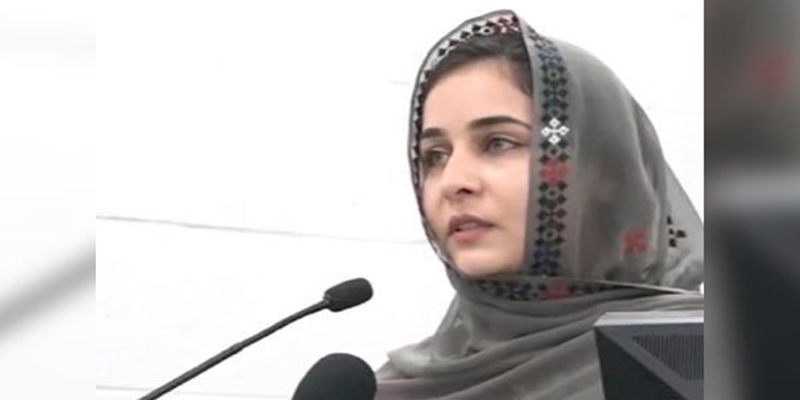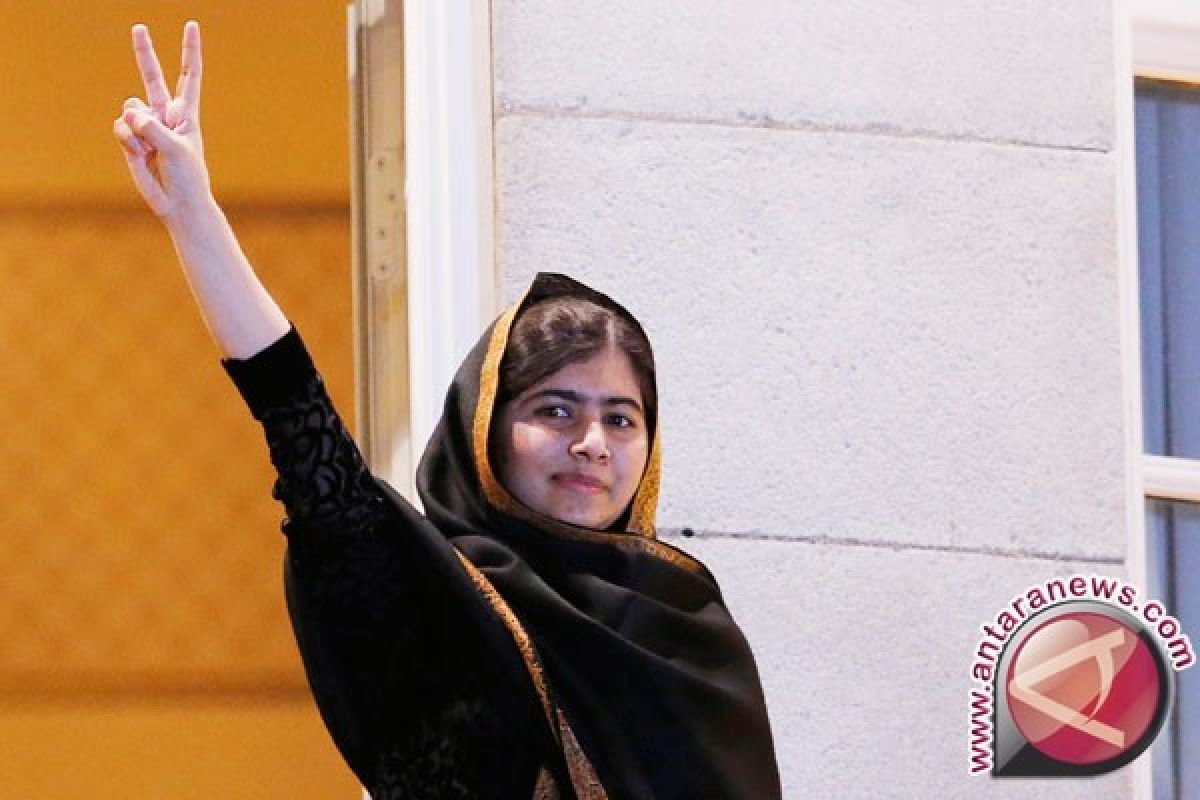According to police reports, the 37-year-old woman’s body was found Monday evening.
Lateef Johar Baloch, a human rights activist, said the police had not revealed the motive or cause of Karima’s death.
“I was with his family (and) I was there when the police came to us and confirmed that they had found his body,” Lateef Baloch said. Al Jazeera by telephone.
“He has been confirmed dead and his body was found in the water near Toronto.”
A Toronto police spokesperson confirmed this and said they are currently investigating the exact cause of Karima’s death.
“It is currently being investigated as a non-criminal death and there do not appear to be any suspicious circumstances,” said Caroline de Kloet, public relations officer for the local police.
Karima had previously been reported missing by Toronto police and was last seen around 3 p.m. local time Sunday in the area of Bay Street and Queens Quay West, according to a police statement.
Human rights groups and Pakistani human rights activists, particularly those living with asylum status in foreign countries, have called for a thorough investigation into his death, saying it was carried out by state actors.
Karima is a prominent Baloch ethnic rights activist. He leads the Azad faction of the Baloch Students’ Organization (BSO-A), an organization at the forefront of the political movement calling for independence for Pakistan’s ethnic Baloch region and documenting alleged human rights violations in this region.
“Baloch activists, particularly those demanding independence, have been subjected to a documented and ongoing campaign of enforced disappearances and extrajudicial killings for years,” local and international rights groups said.
Located in the southwest of Pakistan, Balochistan is the largest province but the least populated compared to other regions of the country. The region is known to be rich in minerals and other resources.
Baloch rights groups have long criticized what they call Pakistan’s extractive policies towards the region. They accused the government of leaving the population behind economically, while continuing to extract mineral products in the region.
For more than a decade, ethnic Baloch armed groups have also been fighting Pakistani security forces, killing scores of Pakistani security forces and civilians in attacks they say are aimed at gaining independence.
The Pakistani military regularly denies accusations of human rights violations, saying that most of the “missing persons” in the region are members of armed groups who voluntarily left their homes.
Karima is one of the activists who have been vocal in demanding justice for political activists allegedly kidnapped or killed by Pakistani intelligence agencies. He took over the leadership of the BSO-A after the disappearance of its previous leader, Zahid Baloch, in 2014.
In 2016, the BBC named her one of 100 “inspiring and influential women” of the year, citing her activism.
Facing death threats, he eventually fled to Canada and was granted permanent political asylum in 2017.
Find hot and reliable news from the political news agency RMOL on Google News.
To be continued please click on the asterisk.

“Thinker. Hardcore web aficionado. Zombie evangelist. Pop culture trailblazer. Student. Passionate twitter maven.”






